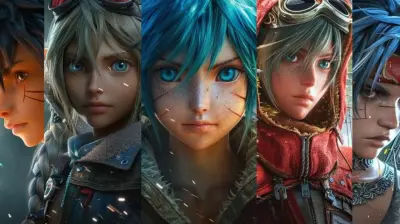Adapting to New Seasons: How Season Passes Evolve Gameplay
12 July 2025
Alright, gamers, let’s talk about something that's as unavoidable in modern gaming as someone yelling "EZ" in the chat after they totally carried (yeah, we see you, Chad): season passes. Love 'em or hate 'em, they’ve dug their heels into the gaming industry like a stubborn NPC refusing to open a locked door unless you fetch their lost cat. But hey, let’s not dismiss them outright. Season passes have done more than slap a price tag on extra content—they’ve straight-up revolutionized how we experience games.
So, grab your favorite energy drink, cozy up in your gaming chair, and let’s unpack how season passes have evolved gameplay. And don’t worry—I’ll keep it fun, because who wants to read a boring essay about loot drops and progression systems? Not you. Not me. Let’s dive in.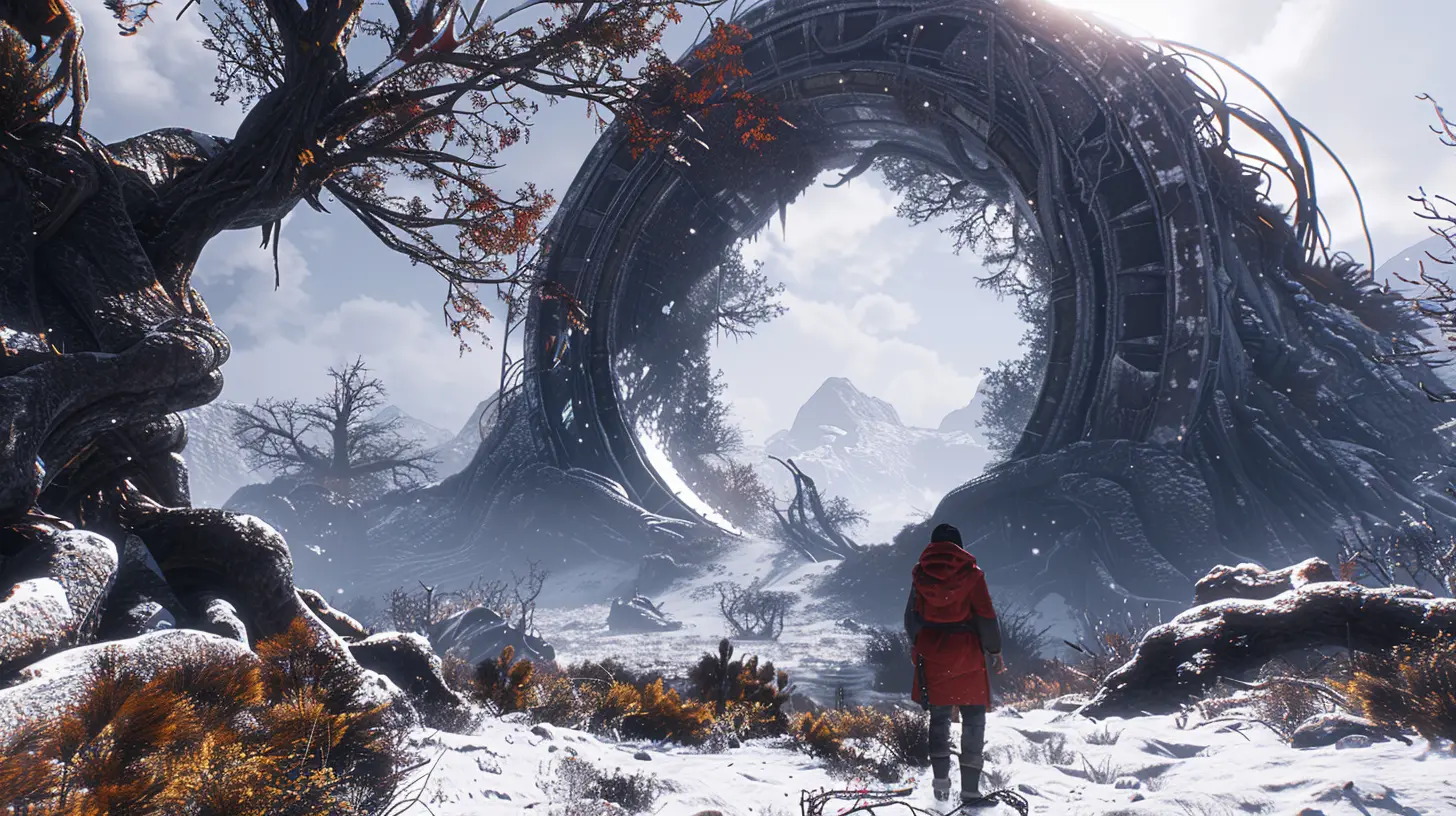
What Are Season Passes? (AKA The Gaming Industry’s Favorite Child)
Before we get all philosophical about how season passes impact gameplay, let’s clear this up: what even is a season pass? Picture it like this—you’re at a buffet (because, yes, gaming is the buffet of entertainment), and the season pass is your ticket to grab extra plates of crispy, delicious content after your first serving. Essentially, it’s a way for game developers to release new stuff over a set period—maps, skins, missions, storylines, you name it.Usually, a season lasts anywhere from a month to several months. And during that time, players can unlock rewards by completing challenges, leveling up, or grinding harder than a skateboarder down a handrail. Sounds simple, right? Plot twist: it’s changed gaming in ways we didn’t quite expect.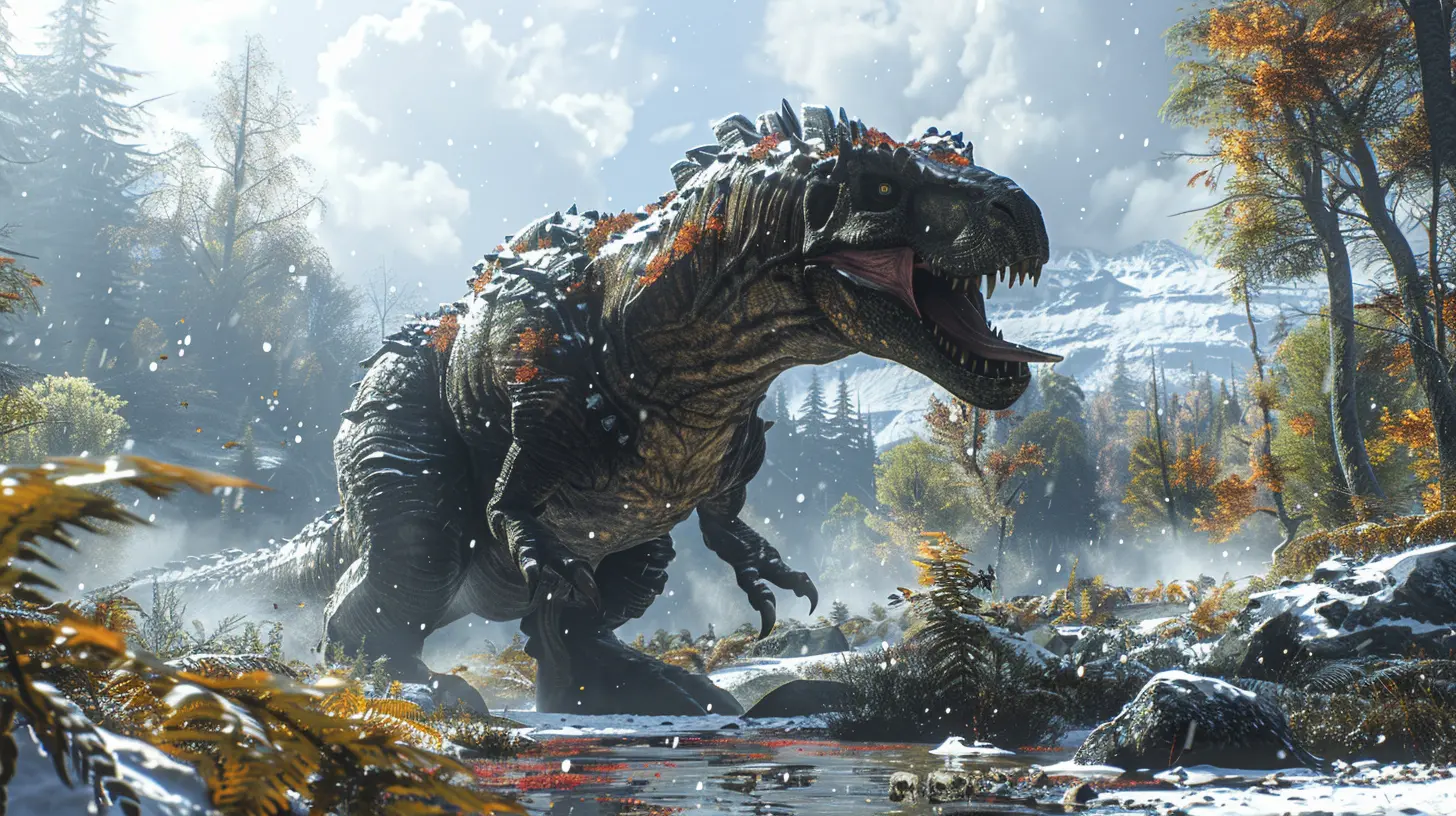
Season Passes: A Gameplay Evolution in Disguise
Now, let’s get into the meat (or tofu, for my plant-based pals) of the discussion—how season passes tweak the way we play games. Spoiler alert: it’s not all doom, gloom, and microtransaction tears. There’s some good stuff in here, too.1. The Never-Ending To-Do List
Remember when finishing a game meant... well, finishing a game? Those days are long gone. With season passes, games are constantly dropping fresh objectives on us like a game of hot potato. Suddenly, you’re juggling daily quests, weekly challenges, and new seasonal objectives. It’s like the devs looked at your free time and said, “What if we just... took all of it?”But let’s be real—there’s something oddly satisfying about ticking items off your list. It’s like gamification on steroids. Season passes give you a reason to keep coming back, turning games into this never-ending hobby. Forget Netflix binges; we’re out here grinding for that exclusive skin instead.
2. The Sweet, Sweet Taste of FOMO
Ah, FOMO—fear of missing out. If season passes were a supervillain, FOMO would be their monologuing sidekick. “Don’t miss out on this limited-time emote! ONLY 5 DAYS LEFT!” Admit it, you’ve fallen for it. We all have. It’s like they’re whispering directly to our gamer brains, “What if this is the coolest thing you’ll ever own in-game, and you ignore it? What. If.”But here’s the thing—this tactic does spice up gameplay. Knowing there’s a ticking clock on content adds a layer of urgency. It’s like you’re Indiana Jones snatching the artifact before the temple collapses, except the artifact is a goofy dance emote and the temple is your self-control. Thrilling, right?
3. Evolving Metas and Strategies
Season passes aren’t just cosmetic cash grabs (well, not always). They can also shake up how we approach gameplay. New weapons? Meta-shifting characters? Game-altering mechanics? Oh, you betcha. Developers use season passes to experiment, dropping content that can completely alter the balance of a game.Take Fortnite, for example. Each new season brings literal island-altering changes. One minute you’re vibing in a swamp, the next you’re dodging alien invasions in the middle of a zero-gravity zone. It keeps strategies fresh and forces players to adapt. It’s like throwing a curveball in baseball—only instead of a bat, you’re using a pickaxe.
4. Community Hype Machines
Here’s the thing about season passes—they aren’t just about the individual experience. They’re community-driven hype machines. Ever notice how a new season drop feels like a mini-holiday? Forums light up, YouTube is flooded with “OMG CHECK OUT THE NEW CONTENT” videos, and suddenly everyone’s talking about the same thing.Season passes create shared experiences. Even if you’re getting owned by some hyperactive 12-year-old with a controller that feels glued to their hands, you’re still part of something bigger. Plus, there’s nothing like bonding over a collective “this boss is totally broken” moment.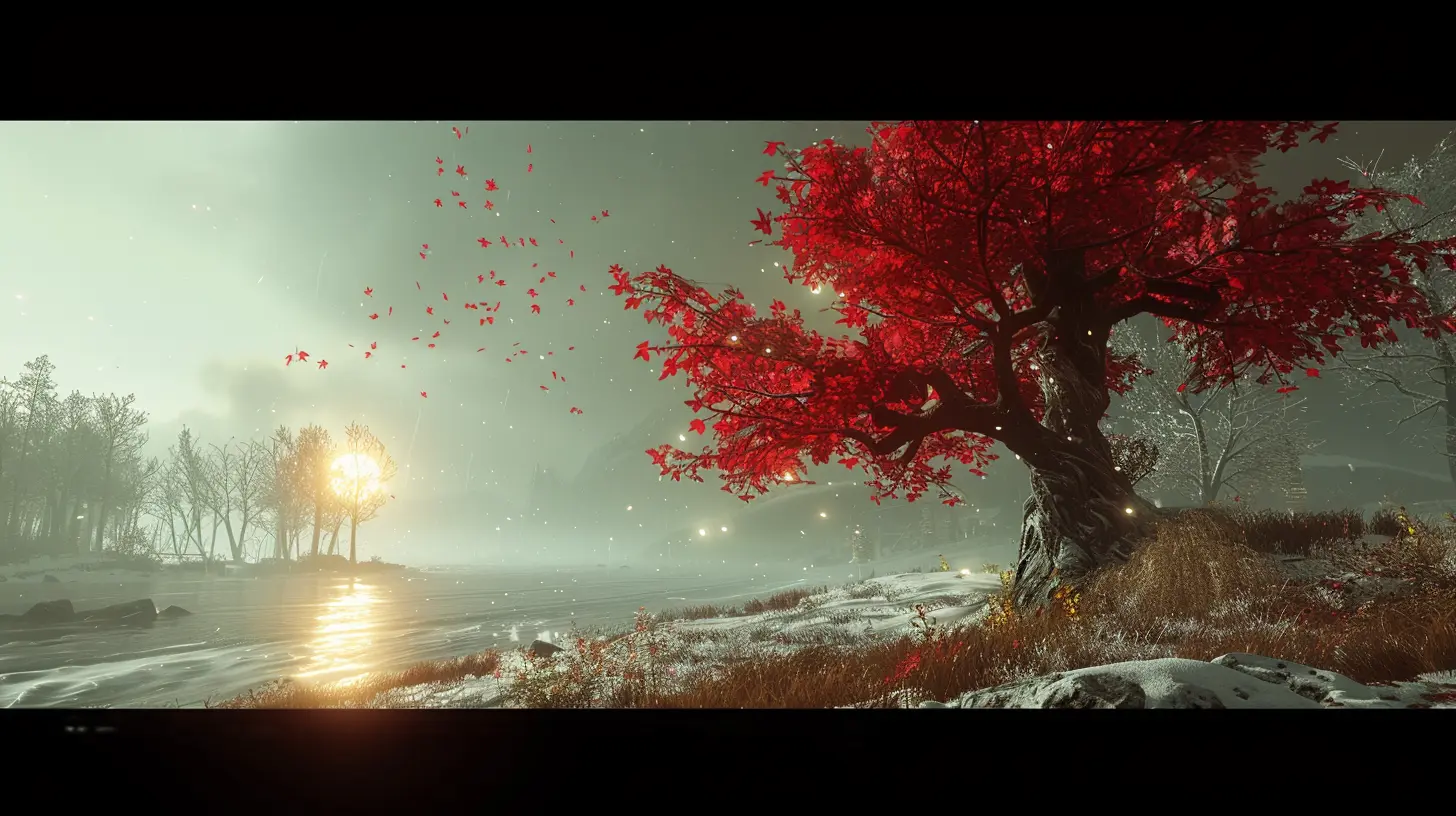
Evolution of Season Passes: From Loot to Lore
Okay, so we’ve covered what season passes do for gameplay now—but let’s rewind for a sec. Season passes weren’t always the shiny, addictive beasts they are today. In fact, their evolution mirrors that of a low-level RPG character slowly grinding their way toward legendary gear. It wasn’t always pretty.The Early Days: Basic Loot Bonanza
Back in the day, season passes were all about handing out virtual goodies. Want extra maps? Here’s a map pack. New skins? Take three. Gameplay evolution? LOL, what’s that? It was basic, but hey, it worked.The Middle Ages: The Rise of Progression Systems
Then came the era of battle passes. Games like Fortnite and Call of Duty: Warzone nailed the formula—seasonal progression systems where leveling up unlocked better rewards. Suddenly, season passes weren’t just about buying cool stuff. You had to earn it. It was like dangling a carrot in front of a rabbit, except the carrot was a holographic weapon skin, and the rabbit was... yeah, us.Modern Day: Integrating Lore and Story
Now, season passes are getting fancy. Developers aren’t just tossing loot our way—they’re weaving it into the game’s story. New seasons bring cinematic trailers, lore updates, and in-game events. It’s like they’re saying, “Here’s the next chapter, and oh, by the way, you’re the main character!” It’s immersive, it’s engaging, and honestly, it’s kind of genius.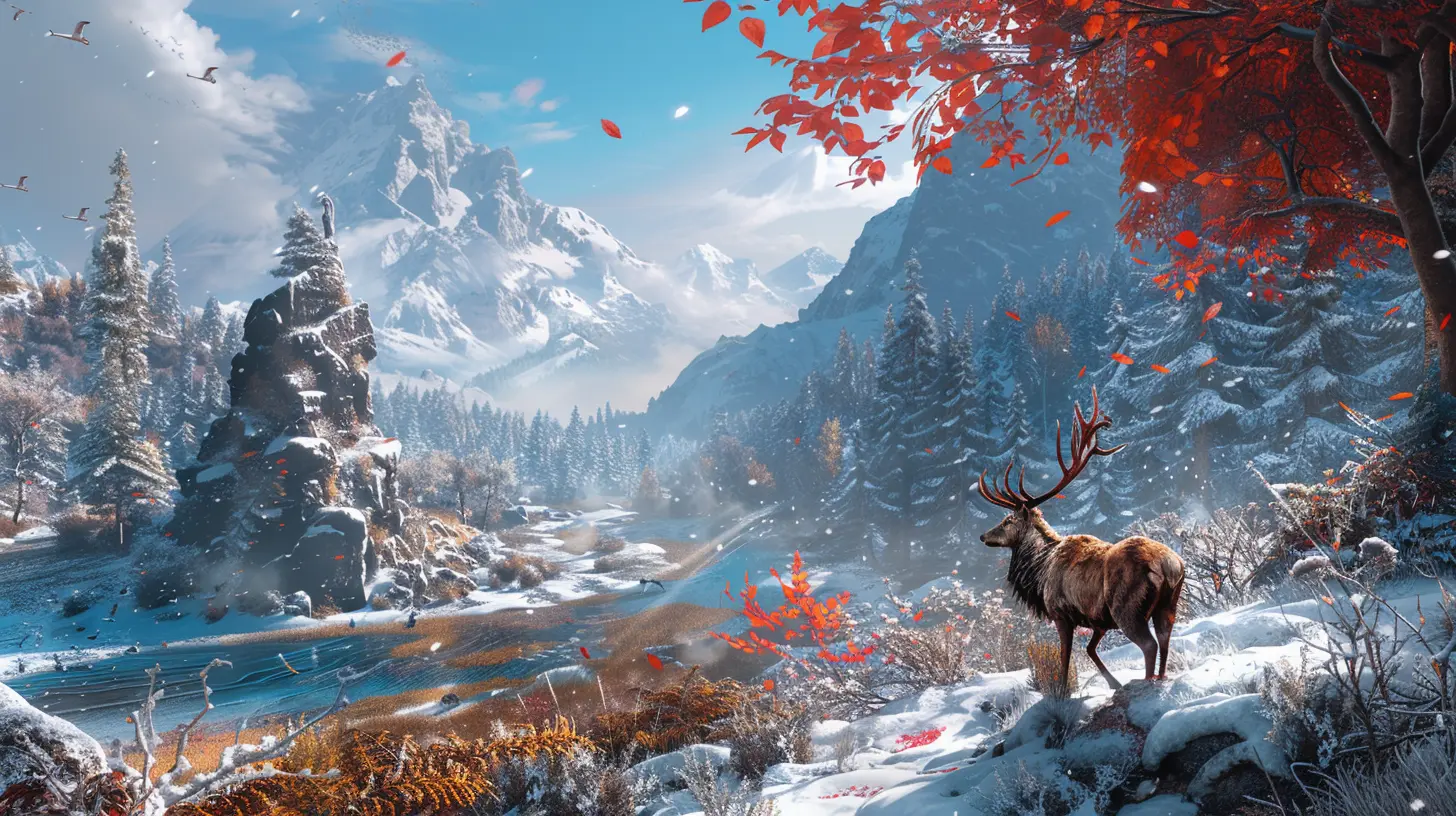
The Debate: Are Season Passes a Blessing or a Curse?
Okay, let’s address the elephant in the room—season passes aren’t perfect. On one hand, they keep games alive and exciting. On the other hand, they can feel like a sneaky way to milk players for cash. So, which is it?The Good Stuff
- Continuous content updates keep games fresh.- They foster vibrant communities.
- Progression systems reward dedication (and let’s be honest, we love flexing our hard-earned rewards).
The Not-So-Good Stuff
- They can feel grindy—like, really grindy.- The FOMO is real, and it hurts.
- Some season passes cross into “pay-to-win” territory.
So, are they worth it? That depends on how much you enjoy the game and how willing you are to sink time (and possibly money) into it. For some, season passes are an exciting way to enhance gameplay. For others, they’re just extra baggage on top of an already expensive hobby.
How to Get the Most Out of Your Season Pass
Alright, so you’ve decided to jump into the seasonal waters. But how do you make sure you’re not drowning in a sea of uncompleted quests and wasted potential? Here are a few tips:- Set Realistic Goals: You’re not going to hit max level overnight (unless you’re some kind of gaming wizard). Pace yourself.
- Focus on What You Actually Want: Don’t like half the rewards? Skip the grind and focus on what matters to you.
- Take Breaks: Seriously, don’t let the grind consume you. The real world exists too, my friend.
Wrapping It Up
Season passes have undeniably changed the gaming landscape. They keep games alive, fresh, and engaging, but they also come with their share of challenges (hello, FOMO and grind city). Whether you love them, tolerate them, or wish they’d just disappear, one thing’s for sure—they’re here to stay.So, my fellow gamers, the next time you’re staring at a shiny new season pass, just remember: it’s not just a purchase—it’s an invitation to dive deeper into a world you love. And who knows? Maybe you’ll even unlock that one skin everyone will envy.
Happy grinding!
all images in this post were generated using AI tools
Category:
Season PassesAuthor:

Leandro Banks
Discussion
rate this article
2 comments
Celeste Miller
This article provides insightful perspectives on the evolution of season passes in gaming. The exploration of their impact on gameplay dynamics is particularly compelling. Looking forward to seeing how developers continue to innovate in this area!
September 29, 2025 at 3:07 AM

Leandro Banks
Thank you for your thoughtful comment! I'm glad you found the exploration of season passes insightful. It's an exciting time for gaming innovation!
Caelestis McIlroy
Great insights on season passes! It's fascinating how they reshape gameplay and keep content fresh. The evolution not only enhances player engagement but also encourages developers to innovate. Eager to see how upcoming seasons will unfold!
July 19, 2025 at 4:41 AM

Leandro Banks
Thank you! I’m glad you found the insights valuable. Excited to see how future seasons will continue to drive innovation and engagement!


